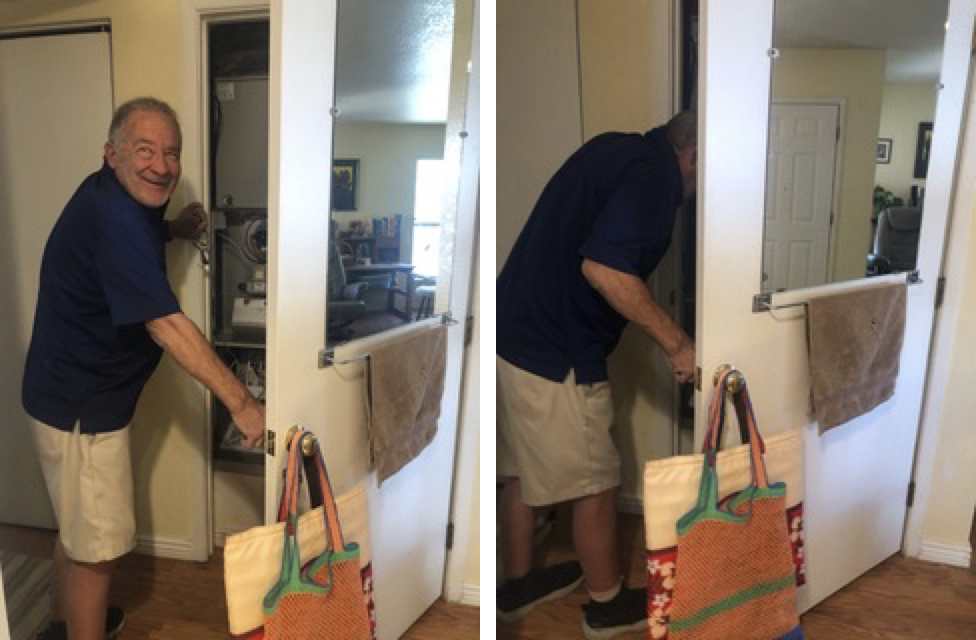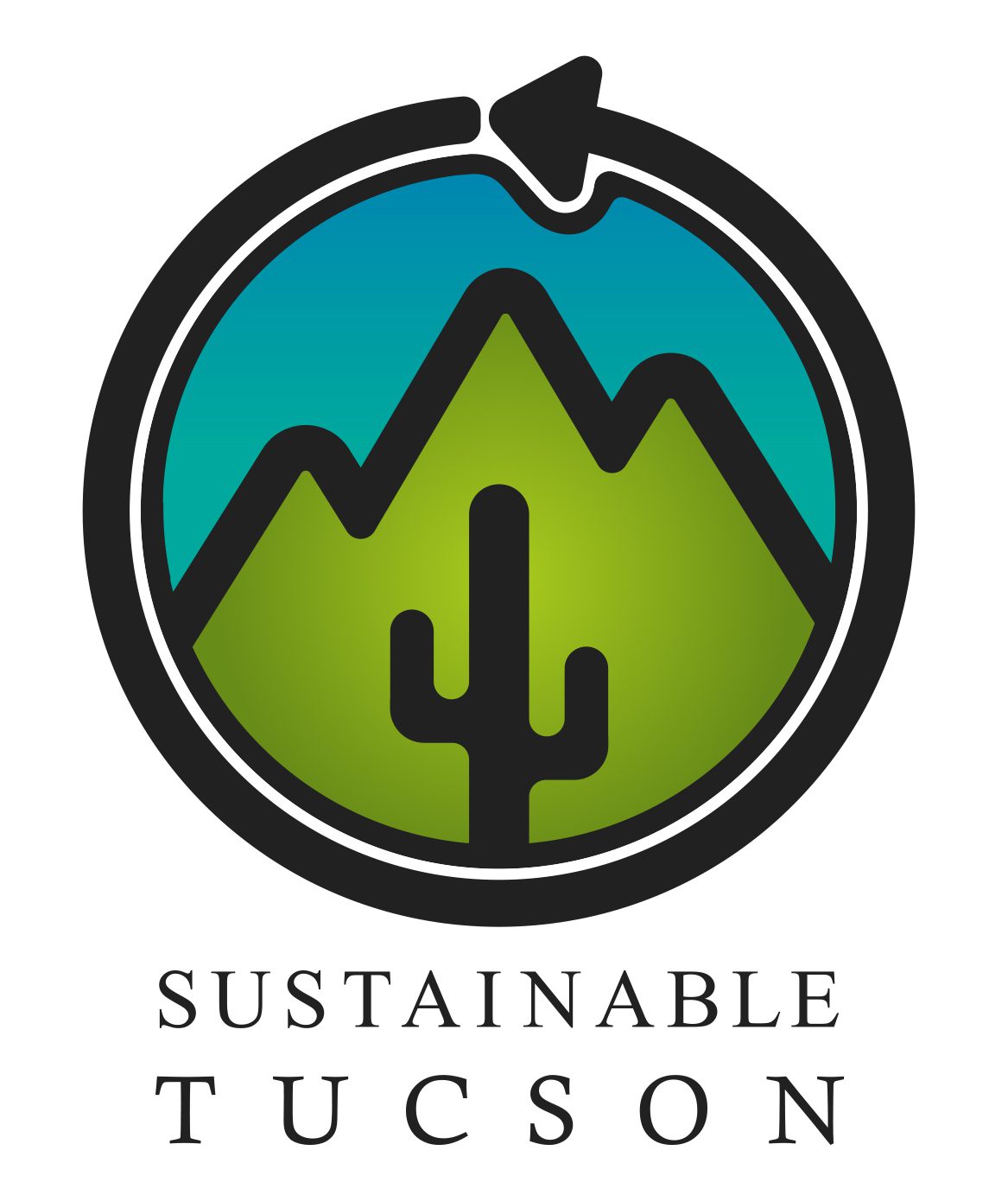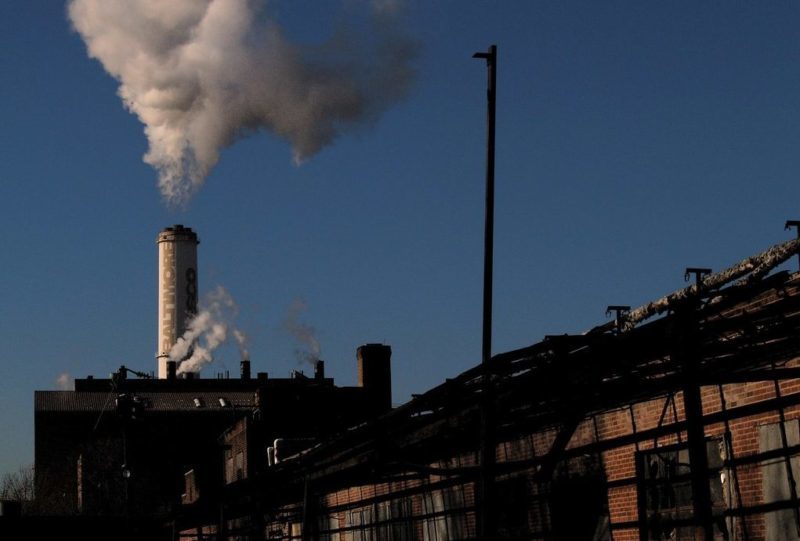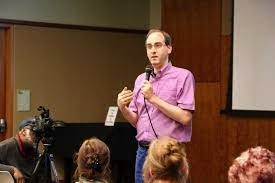5 steps we can all take to lower emissions at home
June 11, 2024 • 6:00pm

What’s that Sustainable Tucson volunteer doing in my furnace closet?!
Helping mitigate climate change, of course!
Trained volunteer Home Electrification Coaches in ST’s new Go Electric AZ (GoEAZ) program are helping Tucsonans save money and reduce emissions by making their homes and transportation more energy efficient, eliminating use of fossil fuels, and solarize. “We’re not replacing dirty old gas appliances ourselves, but we’re giving folks pointers to help them know where to start, questions to ask contractors, find funding help from the IRA and other sources, things like that,” said Gordon Nuttall, who joined Sustainable Tucson’s Energy Transformation Working Group last fall and helped hatch the vision that has become GoEAZ.
Duane Ediger had already been tapped for advice. “People don’t always know what will work best for them when the time comes to replace an old gas appliance,” he said. “Lots of factors come into play. A water heater that actually cools your home can be pretty sweet in Tucson.”
Join Gordon, Duane, and Bruce Plenk at Sustainable Tucson’s June 11 Round Table presentation. You may just leave with a planned next step to clean up your home energy use. There will be a couple of group polls, time for Q&A, a few words about other work of Sustainable Tucson’s Energy Transformation Working Group, and some of the many ways you could get involved.
Our Presenters:
Duane Ediger is a solar technician and founder of Sustainable Tucson’s Energy Transformation Working Group. He promotes electrification and energy demand management to get carbon out of our lives for good.
Gordon Nuttall moved to Tucson in August 2020 from Fort Collins, CO after retiring as the CEO of the startup business he founded there. Here, he became a Naturalist at the Sabino Canyon Recreation Area, hoping to influence the future by interpreting nature for elementary students. Gordon believes that it is vital that people become educated about climate change so we can start acting in an impactful way, noting that household electrification is a prime example of individuals getting involved.
Bruce Plenk is an environmental attorney, a solar consultant, and the former Solar Energy Coordinator for the CIty of Tucson. He has worked for several local solar companies and frequently participates in proceedings at the ACC. His recent interest in heat pumps is part of understanding that now is the time to move forward with electrifying everything…..and powering that electric demand with solar!


